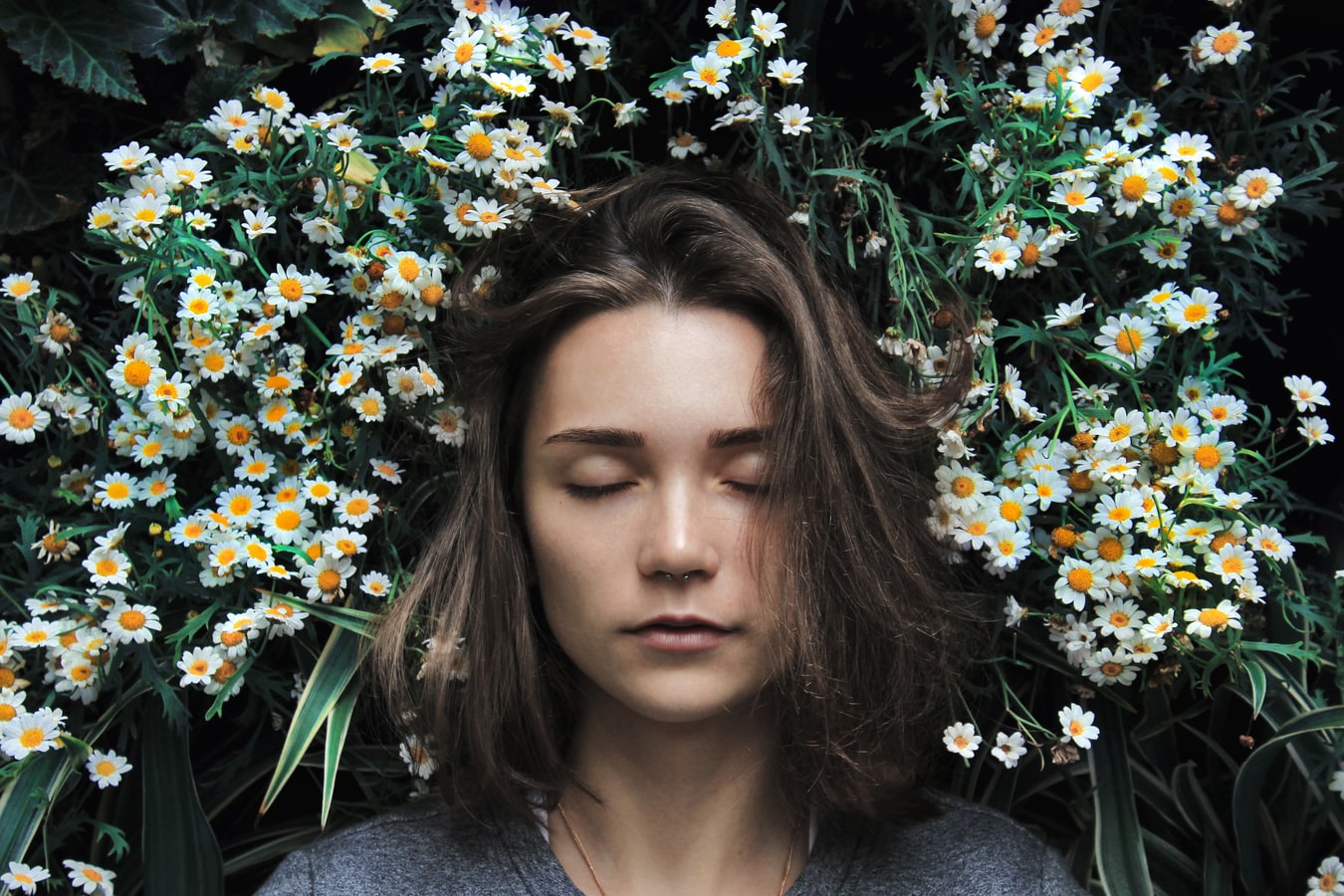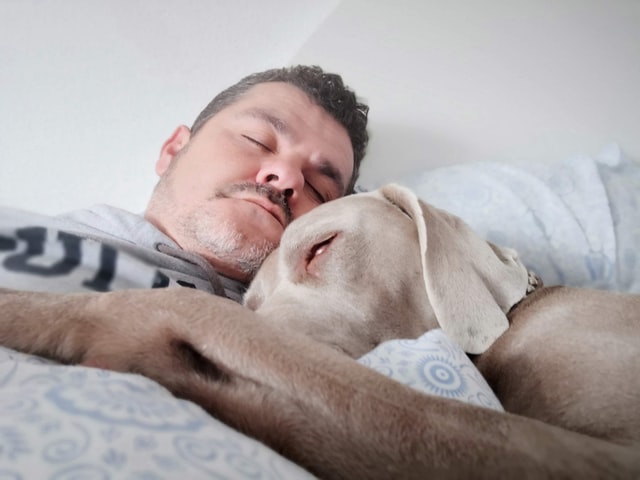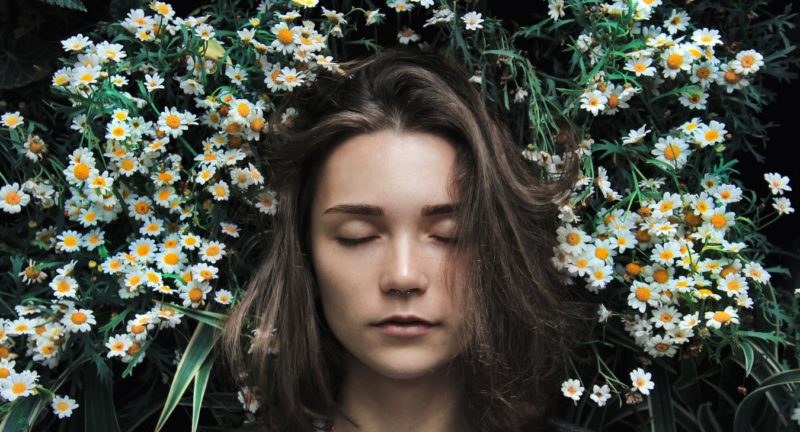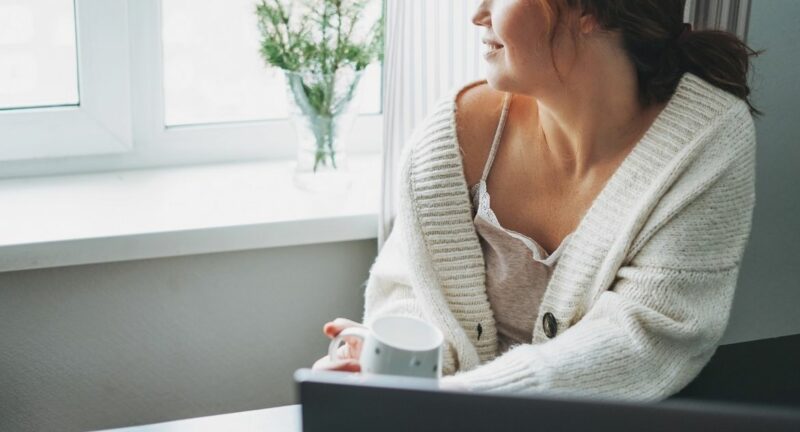

Sleep hygiene: 8 Steps to Better Rest by Pittsburgh Pennsylvania Mental Health Experts
June 15, 2020 by Counseling and Wellness Center of Pittsburgh hypersomnia, insomnia, sleep disorder, sleep hygiene 0 comments
Sleep hygiene is a science formulated to help people overcome disrupted rest by removing any barriers that a person might be unknowingly creating that prevent against deep and complete rest. According to the American Sleep foundation, 47% of Americans report poor quality sleep has affected their daily performance in the last month. As mental health counselors know, there is a significant relationship between sleep and well being. Finding solutions for better rest are vital when your health is on the line, research suggests that sleeplessness can accelerate cancer, erode cognitive performance, and it also impacts mental well being in a variety of ways. Did you know that not getting enough rest can activate many mood disorders including bipolar disorder, anxiety, or depression? In fact, sleep disruptions are a very common complaint among those who are seeking treatment for mental health disorders. Of course, most people have experienced a sleepless night as a result of a situational challenge or period of stress. There is a lot to lose when it comes to sleep but more than ever so many are so sleep deprived. By now you are likely wondering what you can do to enhance your sleep. This is where sleep hygiene comes into practice. There are some evidence-based ways to help you achieve a more restful state. Simultaneously, there are certain sleep disorders such as parasomnia, insomnia, and hypersomnia which should be ruled out with a medical or mental health counselor.

Know your sleep type! There are two primary types of sleepers, night owls and roosters, night owls are biologically programmed to sleep and wake a little later. Roosters crow at the sun, roosters, will do best to find a job routine that can be done early in the morning. Same goes for night owls, their peak performance will be later in the day. For both of these types of people, constructing a life that honors biology will do a lot for wellness and emotional wellbeing. For example, a rooster shouldn’t take the night shift if they want to feel their best.
Have a good routine- Routine is paramount to having improved quality and quantity of sleep. Find a regular hour in which you can rest. When you achieve a regular schedule, your body will be responding to multiple environmental cues that will help falling asleep and staying asleep easier. You should really be aiming for 7/8 hours per night so plan to go to bed that amount of time before your alarm clock will start buzzing.
Limit screen time at least an hour before bed. Our eyes are brimming with light receptors which are impacted by the screens we look at. When you are reading your email or social media account your brain is getting a large dose of light that signals to wake up! Limit exposure to at least an hour before bed to give your brain a chance to relax.
Spending time outdoors in the morning– The light from the sun helps us to become more alert in the morning giving our bodies higher energy. By maximizing exposure in the early hours we can find our way to relaxation in the evening. If a morning walk is not your thing, some people enjoy ‘sungazing.’
Work out in the am– Multiple studies have shown that working out in the am morning hours does help fitness friends to sleep better in the evening. Interestingly however, having an evening work out has not shown any effect on sleep.
Lengthen your exhale- When using your breath as a relaxation tool, you can activate your parasympathetic nervous system. It works like this, by lengthening your exhalation to be longer than your inhalation, for example inhale for a count of 6 and exhale for a count of 8, do this 10 times. This small but powerful technique is a potent relaxant as you are attempting to drift off to a deep slumber.
Limit Caffeine- Be mindful of what you are consuming, the half life of caffeine is quite long, if you are drinking caffeinated beverages after 1 or 2 pm, it will still be in your system at 8 or 9pm. Try to limit caffeine to one cup upon waking and the same goes with sugar.
Try Essential Oils- Many people find that a calming essential oil will help them achieve a more relaxed and restful state. Scents such as lavender and chamomile are widely used as a part of night time routines.
Related Posts
Sleep hygiene: 8 Steps to Better Rest by Pittsburgh Pennsylvania Mental Health Experts
June 15, 2020
Sleep hygiene is a science formulated to help people overcome disrupted rest by...
How to Beat the Winter Blues
December 29, 2021
The Pittsburgh region can be dark and gloomy during the winter months. Fear not!...


